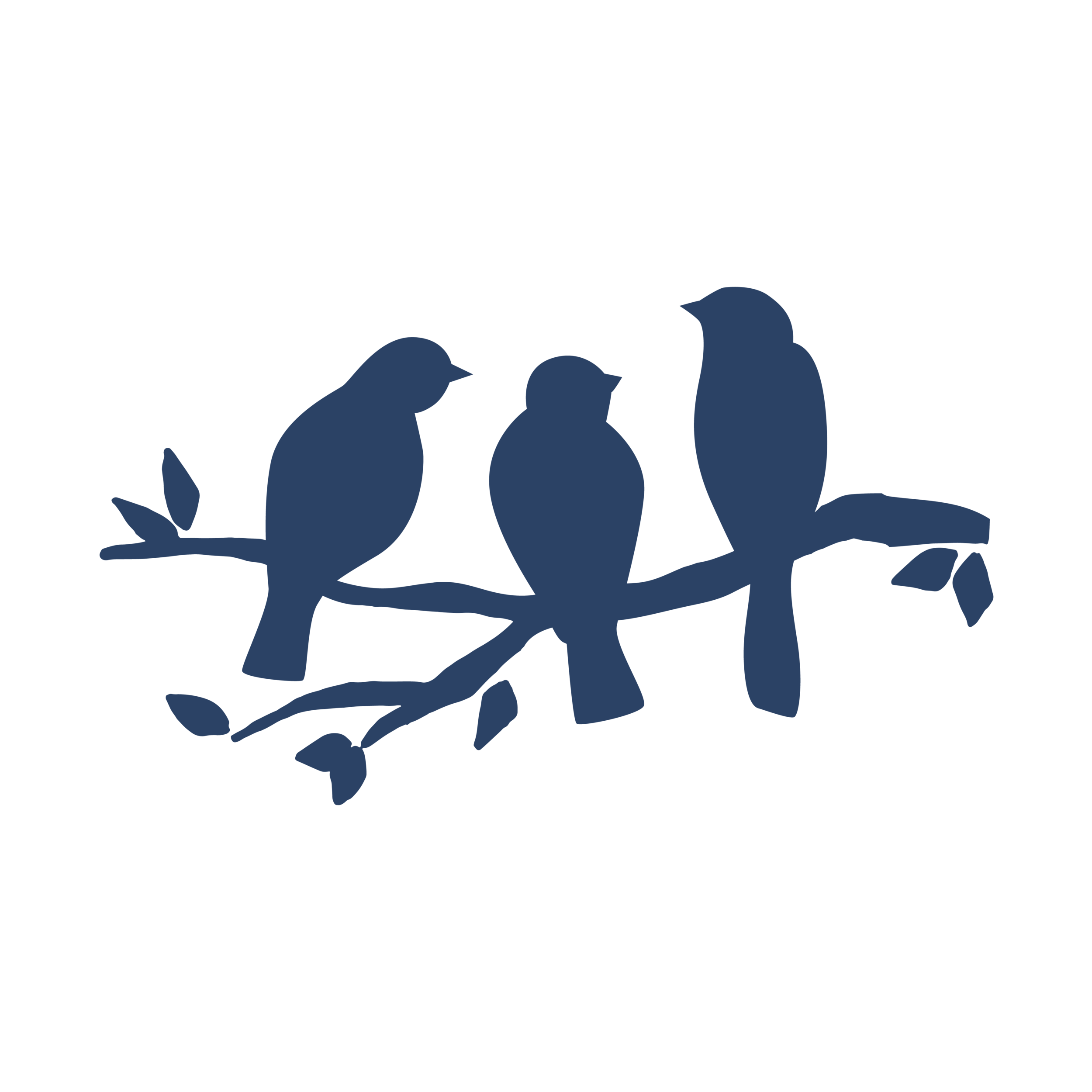Babies and Early Cognitive Learning: What Should I Expect?
BRIDGETTE W. GOTTWALD, LPC, NCC
Entering the chapter of parenthood can be a scary thing, and there are so many unknowns and unexpected things that take place. The first year of life is a pivotal time, and we all want to make sure we are doing everything right for our new little bundles of joy. Newsflash – you will make mistakes, and that is okay! You are only human and your baby is too so it’s all a part of the process! Hopefully, this blog gives you more intel as to what is going on with your baby when it comes to cognition.
Developmental milestones for ages birth to two months are as follows. Having a good understanding of this checklist can give you an idea of what to expect when new skills appear. You’ll likely notice that there is a range for some skills to emerge and show up. The reason this happens is that some babies learn skills sooner than others, but there is a certain range that is considered “normal development.” You and your mental health need to realize that all babies are unique and individual, and it’s important that you do what works best for you and your family when it comes to learning and emotional learning, or just about anything parenting-related. Every family is different and all children have different needs.
Cognitive and Developmental Milestones from Birth to Three Months
During this time your baby will develop their motor skills (fine motor), hand and finger skills, thinking skills (cognition), and hearing and speech skills (language).
For hand and finger skills, you might notice that your baby automatically grasps your finger when it’s placed in their hand, and eventually, they will do the same thing with a rattle. Ultimately, your baby will reach towards toys and people. By the end of the third month, they will be able to bring their hands together or bat at a toy that is placed within reach of their hands.
For thinking skills and cognition, you will see that the baby watches your face and makes eye contact with you beginning as early as birth. They may look up at colorful objects momentarily or follow brightly colored objects with their eyes from side to side, which is referred to as visual tracking. By the fifth month, they start to understand movements that cause a reaction, which is cause and effect.
For hearing and speech skills, the baby will listen to your voice and watch intently as you speak. They will also startle at loud noises and pay closer attention to sounds around them. Eventually, they will search with their eyes to find sounds around them. Then, they will start making cooing sounds to try to use the voice of their own.
In knowing all that takes place amidst birth to three years old, you can encourage all of the different areas developmentally and support them when they explore and utilize different parts of their brain during this time.
Stimulating Cognitive Growth for Babies
So, you might be thinking to yourself that this is all great information, but what do I do with this? For starters, reading, singing, and talking are all great ways to stimulate cognitive growth and development in your infant. During this time, they are mostly taking in information and processing it, so remember to be patient with them and to not expect but so much as they are still trying to adjust and adapt to the outside world!
Reference:
SmartNoggin. (2018). Parent guide to baby’s milestones. Retrieved from: www.smartnoggintoys.com
